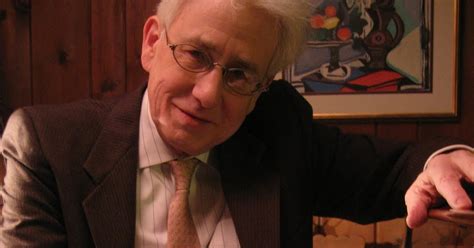A Quote by Lenora Crichlow
Obviously because of my personal connection to Mandela and having had his story as part of my childhood, I knew how awesome he was.
Related Quotes
I knew what I wanted to do when I set out. I knew that I wanted to write a book that told the story, obviously. I wanted it be comedy first, because I felt like there already had been childhood druggy stories that were very serious, and I felt that the unique thing here was that I was a comic and I could tell the story with some levity, and I have been laughing at these stories my whole life.
You're looking, moment by moment and scene by scene, how you can tell the most interesting story. So, we had this great short and we knew that we had a story about a boy and his dog. Because we had that pure emotional core, we could go on crazy tangents and always come back to Victor and Sparky. When I wrote in stuff like Weird Girl and the cat poop, Dutch Day and the windmill, it felt like it was part of Tim's universe.
What drew me to Batman in the first place was Bruce Wayne's story, and that he's a real character whose story begins in childhood. He's not a fully formed character like James Bond, so what we're doing is following the journey of this guy from a child who goes through this horrible experience of becoming this extraordinary character. That, for me, became a three-part story. And obviously the third part becomes the ending of the guy's story.
There was an Israeli artist who was in grad school with me. I remember trying to get to know him on a more personal level. He had moved to the Fairfax area, not realizing that it's a super Jewish part of L.A. He told me, I don't understand why American Jews feel this connection with me. I was embarrassed because I was feeling that connection with him, too!
Donald Trump is a different ball of wax. I've been trying to say for I don't know how many months now that the traditional political playbook in destroying and attacking a political opponent is not gonna work on Trump, because Trump's connection with his supporters or his audience is far deeper and far greater than most voters' connection with a candidate that's very popular. Reagan had the connection.
Distances and days existed in themselves then; they all had a story. They were not barriers. If a person wanted to get to the moon, there is a way; it all depended on whether you knew the directions, on whether you knew the story of how others before you had gone. He had believed in the stories for a long time, until the teachers at Indian school taught him not to believe in that kind of "nonsense". But they had been wrong.
I just read about John Le Carre, the great spy novelist. He had an absolutely miserable childhood. His mother deserted him when he was young. His father was a playboy and a drunk. He was shifted around to many different homes. He knew he was a writer when he was about nine, but he was dyslexic. So here was a person with an absolutely messed-up childhood and a symptom that prevented him from doing what he wanted to do most. Yet that very symptom was part of the calling. It forced him to go deeper.
The children's writer not only makes a satisfactory connection between [the writer's] present maturity and his past childhood, he also does the same for his child-characters in reverse - makes the connection between their present childhood and their future maturity. That their maturity is never visibly achieved makes no difference; the promise of it is there.
A story must be told in such a way that it constitutes help in itself. My grandfather was lame. Once they asked him to tell a story about his teacher. And he related how the holy Baal Shem used to hop and dance while he prayed. My grandfather rose as he spoke, and he was so swept away by his story that he himself began to hop and dance to show how the master had done. From that hour he was cured of his lameness. That's how to tell a story.




































